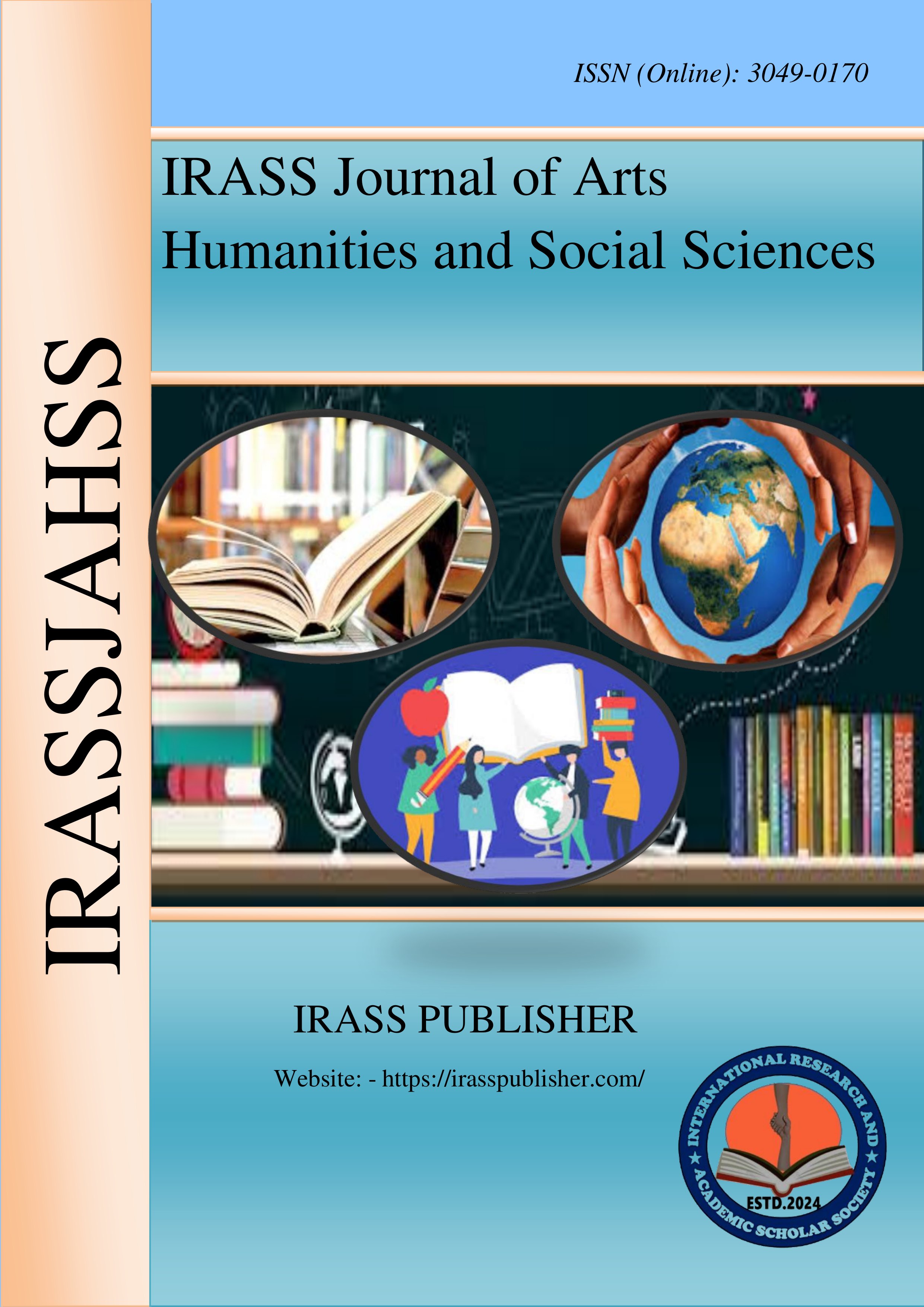A Systematic Review of Family Dynamics and Parental Adjustment in Families Raising Children with Disabilities
Sr No:
Page No:
1-5
Language:
English
Authors:
Dorothy J. Okoro*
Received:
2024-10-18
Accepted:
2024-11-01
Published Date:
2024-11-05
GoogleScholar:
Click here
Abstract:
This systematic review aimed to consolidate research on the relationship between
family dynamics and parental adjustment in families raising children with disabilities. Studies
published between 2000 and 2022 were included, focusing on various disabilities and global
contexts. A total of 42 studies were reviewed, employing quantitative, qualitative, and mixedmethods designs. Four main themes were identified: communication patterns, support systems, role distribution, and family cohesion. Effective communication emerged as a key factor,
contributing to reduced parental stress and improved parental adjustment. Support systems,
including family, friends, peer networks, and professional services, played a critical role in
alleviating caregiving burdens and fostering adjustment. Families with clearly defined roles
experienced better adaptation, while role ambiguity often led to heightened stress and poor
adjustment. Family cohesion also emerged as essential, with cohesive families engaging in
collaborative problem-solving, enhancing parental adjustment. These findings emphasized the
importance of interventions focused on improving communication, strengthening support
networks, clarifying roles, and promoting family cohesion to enhance parental well-being and
caregiving effectiveness in families raising children with disabilities.
Keywords:
Family dynamics, parental adjustment, children with disabilities, communication, support systems, role distribution, family cohesion.
Journal: IRASS Journal of Arts, Humanities and Social Sciences
ISSN(Online): 3049-0170
Publisher: IRASS Publisher
Frequency:
Monthly
Language:
English

